France is an immensely vast and beautiful country. It’s also rich in cultural history, and particularly famous for its food, fashion and films. Paris is often the main character for all these assets. Although these five books, written in the nation of escargots and croissants, are particularly impressive for their achievements. Each of these five French books have significantly impacted history and shaped the world as we know it today. They have laid the groundwork for democracy, emancipation, human rights, welfare, and other crucial aspects. Which of these titles are you familiar with?
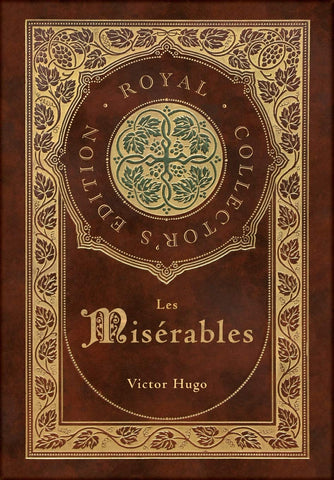
Les Misérables” by Victor Hugo (1862):
This might be one of the most commonly known books ever written in France. If you’ve never heard of the book, you might have heard of the musical or the movie starring Hugh Jackman and Anne Hatheway as Jean Valjean and Fantine. Hugo’s writing masterfully weaves a tapestry of human experiences, highlighting the flaws of the legal system and the devastating impact it had on its civilians. Les Misérables became so popular it ignited stark debate on legal reform and the need for a more compassionate society. It helped society’s focus shift more towards values and the collective responsibility for less privileged people. Which almost becomes difficult to imagine considering how our world looks like today. However, the following debate ultimately led to current European legal, welfare, healthcare, and educational systems. Many years later, this book still inspires politicians, plays, and movies on top of the infamous musical that turned into that film with a star-studded cast. Definitely worth a spot on anyone’s “To Read” list.
Victor Hugo wasn’t just a fantastic writer, though. He was also a passionate advocate for humanitarian and social causes, like the death penalty and the rights of the poor and oppressed. When Napoleon fell, he joined the National Assembly to continue his fight. Next to Les Misérables, he also wrote a few other classics you might know, such as The Hunchback of Notre Dame (1831), The Toilers of the Sea (1866), and Ninety-Three (1874).
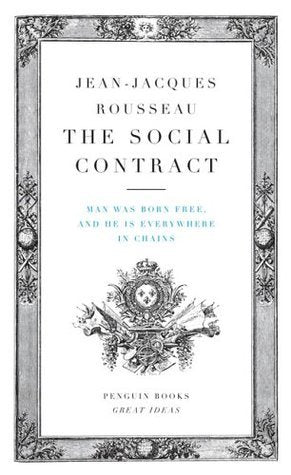
“The Social Contract” by Jean-Jacques Rousseau (1762):
“The Social Contract” heavily influenced the French Revolution and political ideologies that followed the fall of the Monarchy. Rousseau introduced the concept of “general will,” also known as the “common good.” Rousseau argued that general will is not simply the sum of the wills of individual members of society but a higher-order will that transcends the particular interests of any individual or group. General will is rational and impartial, guided by the desire for the common good. He stressed the need for individual liberty, a government that is accountable to the people, and challenged the belief that monarchs had divine rights. In other words. “The Social Contract” influenced the development of democratic systems and movements worldwide. You can imagine that principle didn’t go down as smoothly as a current read of the book would. Jean-Jacques Rousseau’s book was met with a lot of controversy. The Parliament of Paris condemned Rousseau’s writings and revoked his citizenship, as they didn’t really like the idea of accountability, let alone question the divine rights of the king. Jean-Jacques fled to Switzerland, his native country, after facing persecution from the French authorities and the Catholic Church. As he continued to write and publish. Meanwhile, Rousseau became increasingly paranoid and developed a persecution complex. He believed that powerful figures were conspiring against him. In 1778, he passed away on the estate of the Marquis de Girardin in Ermenonville, France. He most likely passed away due to a stroke, but the surroundings of his death sparked some conspiracy. Perhaps he wasn’t so paranoid without reason…
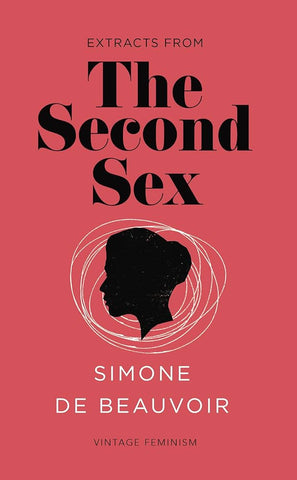
“The Second Sex” by Simone de Beauvoir
The Second Sex sure shook up traditional feminist thought and societal perspectives on gender. In a way, it was Simone’s guide to smashing the patriarchy and laid the foundation of feminist philosophy. De Beauvoir critically analyzed the historical oppression of women by questioning patriarchal structures and societal norms, applying existentialist principles. She introduced the concept of “the other” and explored how women have been marginalized in relation to men. The impact of this book went beyond philosophy, and it influenced the second-wave feminist movement and the women’s liberation movement. De Beauvoir’s work encouraged a reexamination of femininity and autonomy for women, leaving a lasting mark on interdisciplinary studies and continuing conversations about gender equality.
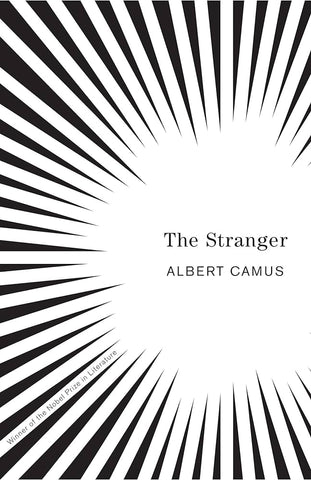
“The Stranger” by Albert Camus (1942):
“The Stranger” by Albert Camus is a literary tour de force that shook up the world of existential philosophy. Existentialism emphasizes the subjective nature of human experience and the fundamental freedom of individuals. In “The Stranger” it feels like Camus created his very own rule book for rebelling against society’s norms and embracing personal freedom in the face of life’s senselessness. The main character, Meursault is presented as an existential hero who faces life with a cool and detached attitude. He defies traditional values and questions conformity. Camus delved deep into the absurdity of human existence, urging readers to acknowledge the lack of inherent meaning in life and to make genuine decisions desDiscover how five iconic French books transformed history and shaped the world we live in today. From Victor Hugo’s “Les Misérables” to Jean-Jacques Rousseau’s “The Social Contract,” delve into literary masterpieces that sparked revolutions and challenged societal norms. Explore the profound influence of Simone de Beauvoir’s “The Second Sex” and Albert Camus’s “The Stranger.” Plus, uncover the revolutionary impact of the “Declaration of the Rights of Man and of the Citizen.” Embark on a journey through time and witness the power of these timeless classics.pite this harsh reality. “The Stranger” became a milestone in existentialist literature and influenced many books and movies, including “The Man Who Wasn’t There” by the Coen Brothers. It’s not a direct adaptation, but the portrayal of Ed Crane, played by Billy Bob Thornton, shares many themes and ideas.
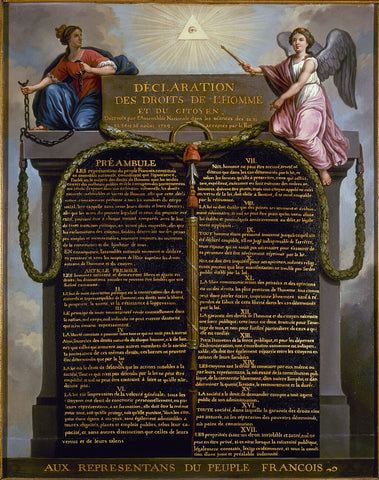
“Declaration of the Rights of Man and of the Citizen” (1789):
While not exactly a book, this document unleashed a revolutionary wave, fundamentally changing the world and laying the groundwork for modern human rights and citizenship concepts.
This declaration was drafted by the National Assembly during the tumultuous years of the French Revolution, It’s a political manifesto proclaiming the inherent and inalienable rights of individuals, challenging traditional notions of divine rights and aristocratic privilege. When you read it, you will notice the influence of “The Social Contract” by Jean-Jacques Rousseau’. It set the principles of liberty, equality, and fraternity – recognizing fundamental human rights. This declaration still continues to influence the ongoing struggle for justice and equality.



